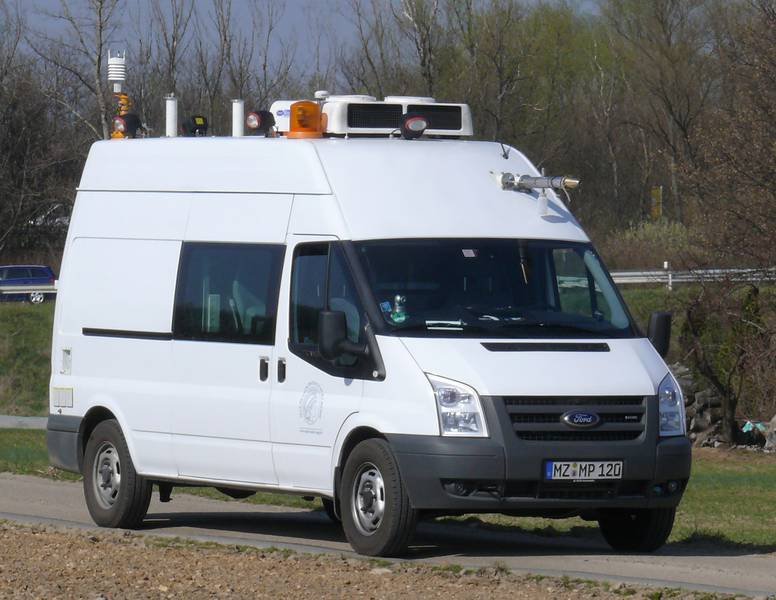Research activities of the Department
The Department of Particle Chemistry of the Max Planck Institute is structurally and conceptually linked to the Institute for Physics of the Atmosphere at the Johannes Gutenberg University in Mainz. This joint assignment of Stephan Borrmann as university professor and MPI director constitutes a close link between both institutions and is a novelty for the location in Mainz.

The research of the group is focused on chemical composition and physical properties of aerosol and cloud particles. Sizes, number densities, shapes, radiative properties and formation mechanisms of aerosols and clouds are topics of experimental investigations. Knowledge concerning clouds and airborne, suspended aerosol particles is of importance for our understanding of climate, climate change, atmospheric chemical processes, as well as anthropogenic influences on the atmosphere. For these reasons emphasis in the department is placed upon: (1) Investigations of aerosols in the troposphere and lower stratosphere, (2) processes and properties of Polar Stratospheric Clouds, which contribute to the ozone holes, (3) the effects of commercial air traffic exhaust emissions on the atmosphere, and (4) the influence of upper tropospheric ice clouds (cirrus) on the chemical composition of the air. In addition there are (5) studies on the capabilities of cloud droplets, snow crystals, graupel and hail particles to remove (‘scavenge’) pollutant gases and aerosols from the atmosphere.

The methods employed cover mass spectrometric instruments for the measurement of aerosol and cloud particle chemical composition, optical and thermodynamical instruments, and a worldwide unique vertical wind tunnel. By means of this facility, droplets and hydrometeors are suspended in a vertical air flow for extended periods to become amenable for detailed experiments. In-situ atmospheric measurements are performed on board of the converted Russian espionage aircraft M-55 ‘Geophysica’ (reaching altitudes up to 22 km), as well as other research aircraft, ships, ground stations, and the recently designed MPIC MObile Laboratory for Aerosol research (MOLA). The efforts are aimed at enhancing our understanding of cloud related processes in order to improve weather and precipitation forecast, and also at contributing to climate modeling. The methods developed in the department are applied also to environmental industrial research outside of fundamental atmospheric science. In this way our graduate students become qualified for a large variety of working fields within industry and research.

